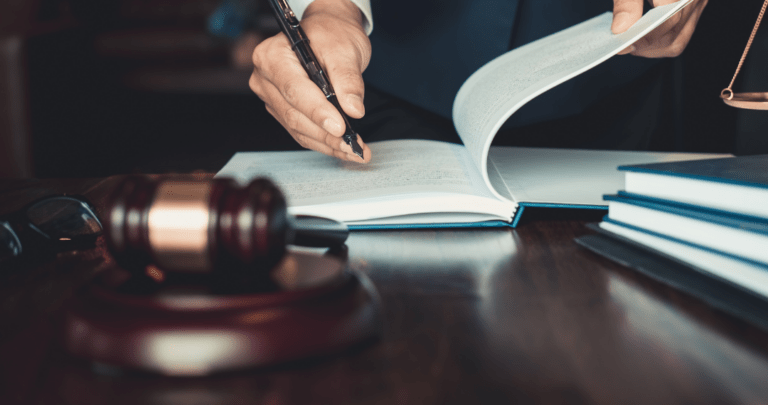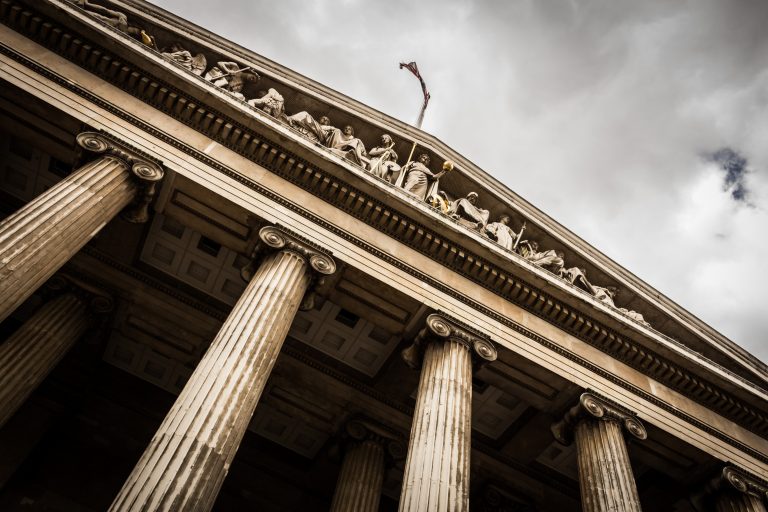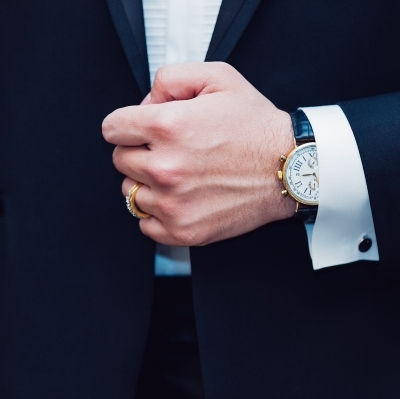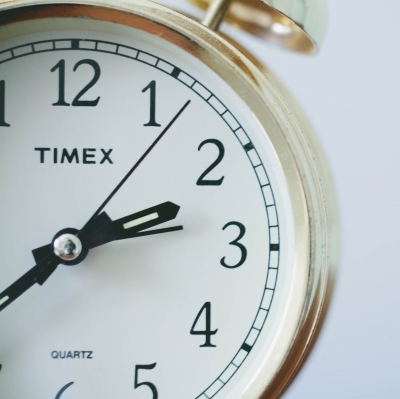The Strategy in Jury Selection: Using Voir Dire to the Defendant’s Advantage
The Overview:
Smith Freed Eberhard associate attorney Jessica Kamish recently achieved a significant victory for her client following a complex case that was tried in Seattle, Washington. After Plaintiff decided she was unhappy with an arbitration award, she demanded a trial de novo, which even her own lawyer advised against. At trial, Jessica leveraged the jury selection process to remove any sympathetic hearts from the room and was left with only those jurors who appreciated the straight and narrow facts. Jessica prevailed and obtained a win for her very nervous client.
The Background:
The underlying lawsuit arose from a low-speed, no-damage, rear-end collision occurring at a stoplight in Seattle, Washington. Jessica’s client had bumped into the rear of the car in front of them (Plaintiff’s) during some stop-and-go traffic. Jessica’s client admitted they had looked away from the road, so liability was not in dispute. What was in dispute was the nature and extent of Plaintiff’s alleged damages, especially considering that the impact was so minor there was no visible damage on either involved vehicle.
The case went through arbitration and the arbitrator awarded nearly all of Plaintiff’s requested damages. Plaintiff was still unhappy, and demanded a trial de novo. The plaintiff’s attorney withdrew as counsel shortly after filing the trial de novo. Jessica attempted to settle with Plaintiff prior to trial, warning Plaintiff of potential exposure to attorney fees in the event Plaintiff received a lower award than the arbitration figure. Plaintiff was steadfast, and demanded trial by jury.
Plaintiff’s Theme:
Plaintiff was one that many defense attorneys would consider “sympathetic.” She was a Bosnian immigrant who had worked as a janitor for many years, and simply wanted to resolve her injuries and chronic pain. She made this very clear at trial. She was also able to capitalize upon her status as a non-represented party, who was suddenly forced to fight “the big guys” in the unfamiliar courtroom battleground.
Plaintiff expertly deployed the “little guy” card, and at one point even testified that her beloved dog had passed away not long after the accident, making it seem that the accident had caused its death. Plaintiff’s attempt to introduce that evidence was a clear ploy to inflame the emotions of her potential jurors and swing the weights of sympathy in her favor. Jessica quickly argued (and the judge immediately agreed) that Plaintiff could not use extraneous evidence like the death of her dog simply to win juror sympathy.
Our Strategy:
Jessica’s winning strategy lay in the early stages of trial. When selecting jurors, Jessica was acutely aware of the less than favorable optics that come with a pro se plaintiff attempting to plead their case against a represented defendant. The imbalance was further accentuated in this case due to Plaintiff’s constant highlighting of her unrepresented.
But that did not stop Jessica from addressing the issue head on with the jury pool. After a bit of back and forth with some prospective jurors, Jessica finally asked the difficult question that was weighing heavy on the minds of everyone in the courtroom: “Are you uncomfortable with the fact that Plaintiff is unrepresented?” One juror said yes, and said he felt he would be representing the “underdog” in his mind. The other potential jurors did not immediately speak up, but Jessica could sense that others felt the same way; indeed, she could feel the tension in the room. So she continued to ask questions about Plaintiff’s unrepresented status, the fact that she was an immigrant, and other questions aimed at getting the jurors to speak their minds. Finally another juror spoke up about feeling uncomfortable. Then another. And then another. The judge finally took the floor, asking the jury pool as a whole whether they felt uncomfortable with the layout of the parties and whether anyone felt they would be unable to be an impartial trier of fact. Almost a third of the jurors raised their hands and were subsequently excused.
The result? Jessica selected a jury that was free of sympathy for either party. Her jury was able to look at the facts with objectivity and would therefore render a proper result. A result fueled by level-headed analysis and not by inflamed emotions. Jessica presented her client’s case, and Plaintiff presented her own. At the end of the day, Jessica knew that whatever the jurors decided would be the proper outcome – she had eliminated any potential for party favoritism.
The Outcome:
The jury ended up returning a verdict of $2,000, well below the initial $16,000 that had been awarded to Plaintiff at arbitration. As a result, Jessica saved her client approximately $14,000. However, because the Plaintiff did not improve her position from the arbitration Jessica’s client was entitled to reasonable attorney fees. The court awarded over $38,000 in attorney fees and $18,000 in costs. The result? A judgment against the Plaintiff for over $55,000 in a case where liability was adverse, and an ecstatic client who could now sleep easy knowing they had been provided the top-notch defense that defines the Smith Freed Eberhard style.
Tell us about your legal challenge.
Then we’ll tell you how we
can help.















